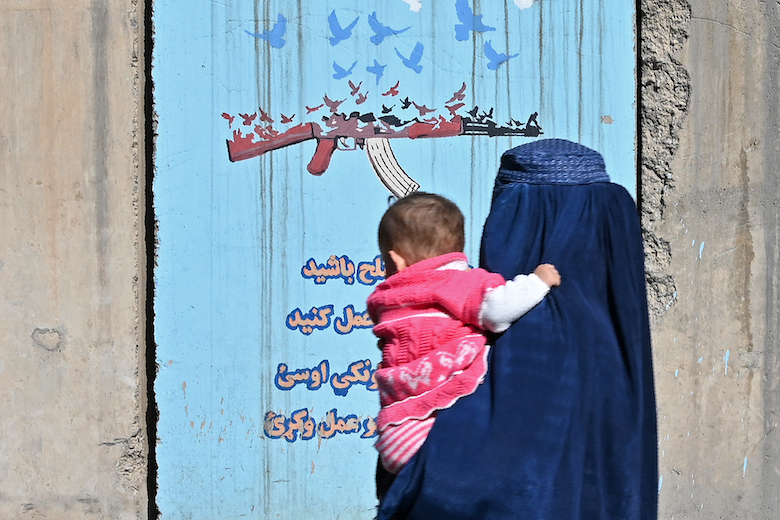It is time to wake up to the growing international threat posed by Islamic State-Khorasan (IS-K), the group believed to be behind Friday’s terror attack on a Moscow concert hall that left more than 130 people dead. For far too long this Afghanistan-based offshoot of Islamic State, formed in 2015, has been underestimated.
Already a subscriber? Log in
Subscribe for just $2 a week
Try a month of The Spectator Australia absolutely free and without commitment. Not only that but – if you choose to continue – you’ll pay just $2 a week for your first year.
- Unlimited access to spectator.com.au and app
- The weekly edition on the Spectator Australia app
- Spectator podcasts and newsletters
- Full access to spectator.co.uk
Or




















Comments
Don't miss out
Join the conversation with other Spectator Australia readers. Subscribe to leave a comment.
SUBSCRIBEAlready a subscriber? Log in